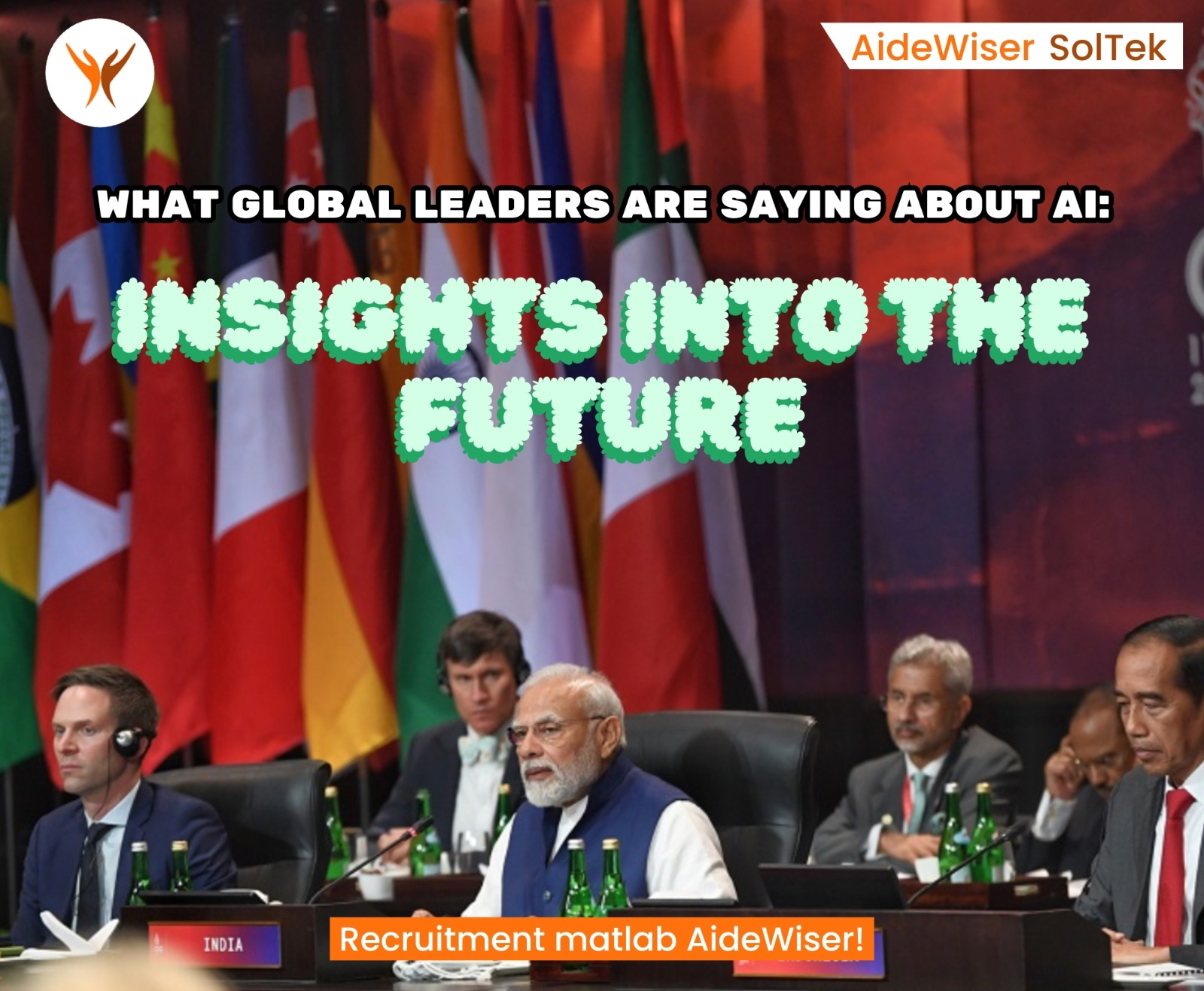AI and Its Potential for Good
Many global leaders recognize the potential benefits of AI in solving some of the world's most pressing challenges. Angela Merkel, former Chancellor of Germany, emphasized the importance of AI in driving innovation and economic growth, highlighting its role in making industries more efficient and sustainable.
Justin Trudeau, the Prime Minister of Canada, has often spoken about AI's role in advancing healthcare, education, and environmental sustainability. Canada has been at the forefront of AI research, with Trudeau advocating for ethical AI development that benefits society as a whole.
Similarly, Narendra Modi, the Prime Minister of India, has mentioned the importance of AI in empowering citizens and driving inclusive development. He has also stressed the need for AI to be used as a force for good, especially in a country as diverse as India.
Narendra Modi on Artificial Intelligence: India's Vision for AI
Narendra Modi, the Prime Minister of India, has emerged as a prominent voice in the discourse around Artificial Intelligence (AI). His vision for AI encompasses a wide range of applications, from fostering economic growth and innovation to addressing societal challenges and ensuring ethical development. Let's delve deeper into Modi's perspective on AI and how it aligns with India's broader ambitions.
AI as a Catalyst for Economic Growth
Modi views AI as a critical driver for India's economic development. He has emphasized that embracing AI and other advanced technologies can significantly boost India's industries, create jobs, and improve productivity. Modi's government has launched several initiatives to promote AI research and development, aiming to position India as a global AI hub.
India's "Digital India" and "Make in India" programs reflect this focus on technology-driven growth. By fostering a conducive environment for innovation and encouraging entrepreneurship, Modi aims to leverage AI to transform various sectors, including manufacturing, agriculture, healthcare, and education.
Global Leaders' Perspectives on AI: Ethics, Risks, and Collaboration
Global leaders emphasize the need for ethical frameworks and international cooperation in AI development. Emmanuel Macron, President of France, advocates for a "third way" in AI, stressing the importance of human rights and privacy. Ursula von der Leyen, President of the European Commission, has spearheaded European AI regulation to ensure transparency and accountability.
Elon Musk, CEO of Tesla and SpaceX, has warned of AI's potential dangers, advocating for proactive measures against unregulated AI. Satya Nadella, CEO of Microsoft, balances AI's benefits with responsible development, calling for designs that don't perpetuate inequalities or biases.
Collaboration is key for AI's future. Joe Biden, President of the United States, underscores the importance of international partnerships to tackle global AI challenges. Xi Jinping, President of China, recognizes AI's role in technological advancement but also calls for regulations to ensure safety and security.
Overall, while there isn't universal agreement on the best path forward, there's consensus on the need for responsible AI development. Global leaders' voices will play a crucial role in shaping AI's impact on society.
